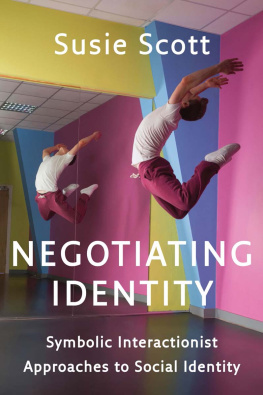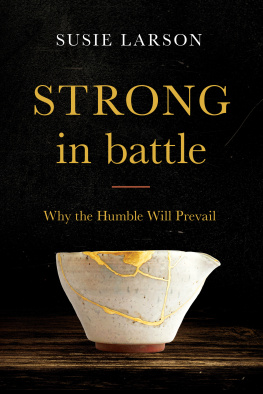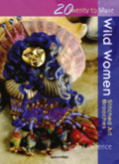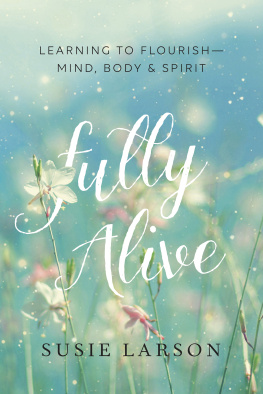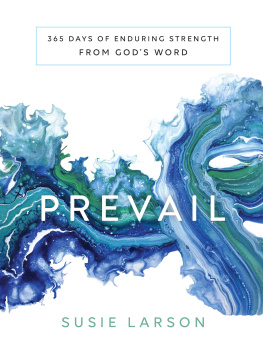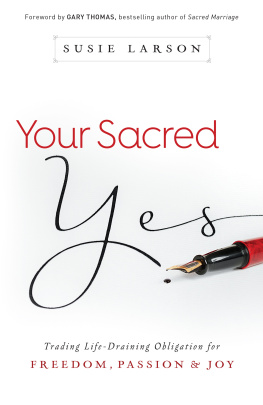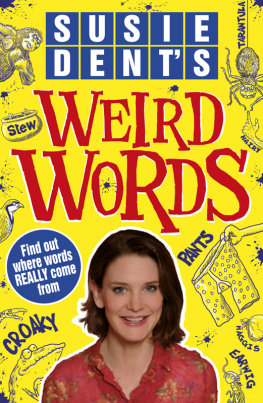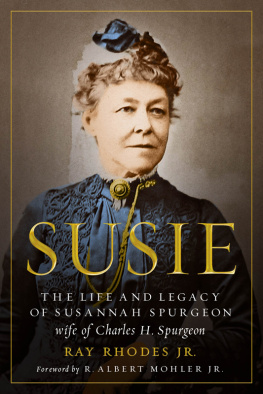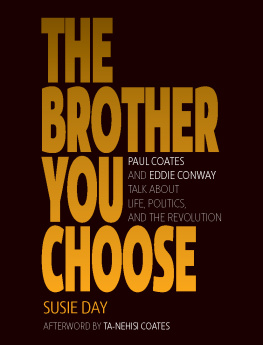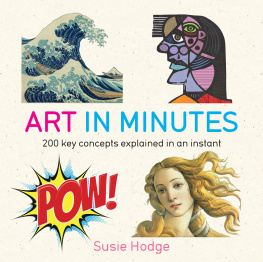
The Social Life of Nothing
Nothing really matters. All the things that we do not do, have or become in our lives can be important in shaping self-identity. From jobs turned down to great loves lost, secrets kept and truths untold, people missed and souls unborn, we understand ourselves through other, unlived lives that are imaginatively possible. This book explores the realm of negative social phenomena no-things, no-bodies, non-events and no-where places that lies behind the mirror of experience.
Taking a symbolic interactionist perspective, the author argues that these objects are socially produced, emerging from and negotiated through our relationships with others. Nothing is interactively accomplished in two ways, through social acts of commission and omission. Existentialism and phenomenology encourage us to understand more deeply the subjective experience of nothing; this can be pursued through conscious meaning-making and reflexive self-awareness.
The Social Life of Nothing is a thought-provoking book that will appeal to scholars across the social sciences, arts and humanities, but its message also resonates with the interested general reader.
Susie Scott is Professor of Sociology at the University of Sussex. With research interests in symbolic interactionism and dramaturgical theory, she explores questions of narrative identity and self-conscious experience: from shyness to swimming, performance art and total institutions. Susie is the author of Shyness and Society (2007), Making Sense of Everyday Life (2009), Total Institutions and Reinvented Identities (2011) and Negotiating Identity (2015).
Routledge Studies in Social and Political Thought
Common Sense as a Paradigm of Thought
An Analysis of Social Interaction
Tim Delaney
The Intellectual Origins of Modernity
David Ohana
Political Fraternity
Democracy beyond Freedom and Equality
Angel Puyol
Nationalism, Inequality and Englands Political Predicament
Charles Leddy-Owen
Politics through the Iliad and the Odyssey
Hobbes writes Homer
Andrea Catanzaro
Social Change in a Material World
Theodore R. Schatzki
Hubris and Progress
A Future Born of Presumption
Carlo Bordoni
Work: Marxist and Systems-Theoretical Approaches
Stefan Khl
The Social Life of Nothing
Silence, Invisibility and Emptiness in Tales of Lost Experience
Susie Scott
For a full list of titles in this series, please visit www.routledge.com/series/RSSPT
The Social Life of Nothing
Silence, Invisibility and Emptiness in Tales of Lost Experience
Susie Scott
First published 2019
by Routledge
2 Park Square, Milton Park, Abingdon, Oxon OX14 4RN
and by Routledge
52 Vanderbilt Avenue, New York, NY 10017
Routledge is an imprint of the Taylor & Francis Group, an informa business
2019 Susie Scott
The right of Susie Scott to be identified as author of this work has been asserted by her in accordance with sections 77 and 78 of the Copyright, Designs and Patents Act 1988.
All rights reserved. No part of this book may be reprinted or reproduced or utilised in any form or by any electronic, mechanical, or other means, now known or hereafter invented, including photocopying and recording, or in any information storage or retrieval system, without permission in writing from the publishers.
Trademark notice: Product or corporate names may be trademarks or registered trademarks, and are used only for identification and explanation without intent to infringe.
British Library Cataloguing-in-Publication Data
A catalogue record for this book is available from the British Library
Library of Congress Cataloging-in-Publication Data
A catalog record has been requested for this book
ISBN: 978-1-138-29797-5 (hbk)
ISBN: 978-1-315-09890-6 (ebk)
Typeset in Times New Roman
by Wearset Ltd, Boldon, Tyne and Wear
Contents
Researching this book took me to some deep, dark and dangerous places. Without the help of two brilliant friends, it would have turned out very differently and may not have been written at all. As I embarked upon my heros journey, James Hardie-Bick advised me that, Sometimes you just have to sit at the bottom of a dark well. This was a reference to Haruki Murakamis novel, The Wind-Up Bird Chronicle, whose protagonist climbed down a well in the garden of a deserted house to contemplate the rights and wrongs of his life. Thus, I spent a year studying existential philosophy and phenomenology in an attempt to understand how I had done nothing and what it had all meant. Ben Cavan Jones introduced me to some of the most influential figures in these traditions, including Nietzsche and Heidegger, and deepened my interest in humanistic psychotherapy. The three of us drew great inspiration from Irvin Yalom and Jordan Peterson, heeding their advice to speak the truth and live in an authentic, meaningful manner. The call to negative responsibility that I present is an addendum to this existential message: an invitation to find valuable meaning in all we lack, lose or hide behind the mirror of experience. Thank you, James and Ben, for all our fascinating conversations.
Nothing is all around us, circling and filling everything in social life. It is a vast terrain comprising all the things we have not done, that did not happen or that we have not become. It is the reverse mirror image of biographical selfhood: an infinite array of undone acts, unlived lives and unrealised potential. Consider the person who does not vote, turns down a job, has no religion, abstains from alcohol, keeps a secret, ends a relationship or does not have children. How should we understand these negative experiences? They might imply voluntary decisions made by rational free will or constraints imposed by structure and tradition. People may be consciously motivated by political beliefs, values, emotions and morality or perceive their situations more passively, as arbitrary positions. Nothing can be tangibly discerned, in foregrounded objects that are lost, absent or missing, or it can recede into an unseen, looming background of expansive, unknown territory. Finally, the effects of nothing upon personal life vary greatly. Sometimes we are all too painfully aware of what we do not have or cannot be, while at other times we could not care less. Whatever nothing means, however it is done, it is something significant which happens in society and shapes our understanding of ourselves.
Why does nothing matter?
Nothing is a paradoxical concept: at once nihilistic, abstract and intangible, and yet immense, chasmically wide and deeply meaningful. Unpacking this puzzle, we find ourselves in a cats cradle of tangled and self-contradictory lines of thought: how can we study something that is by definition not-something? Even identifying such phenomena is difficult because of their inherent duality: should we focus on what is excluded, erased and unseen, highlighting the power of the constitutive outside (Hall 1996) to demarcate what counts and matters (and what does not)? Or should we examine the negative space left behind when no-things are removed the world of unseen objects and unknowable experience beyond these inscribed boundaries?




